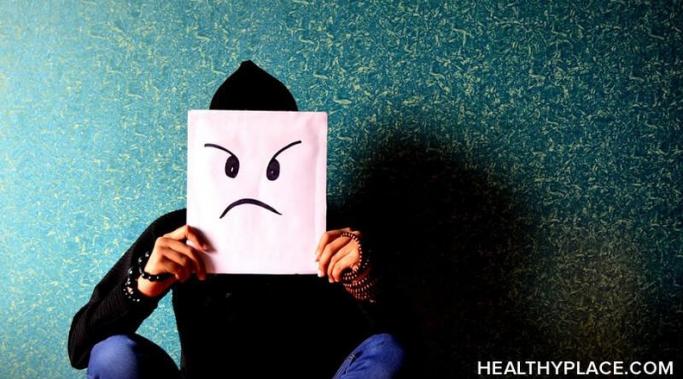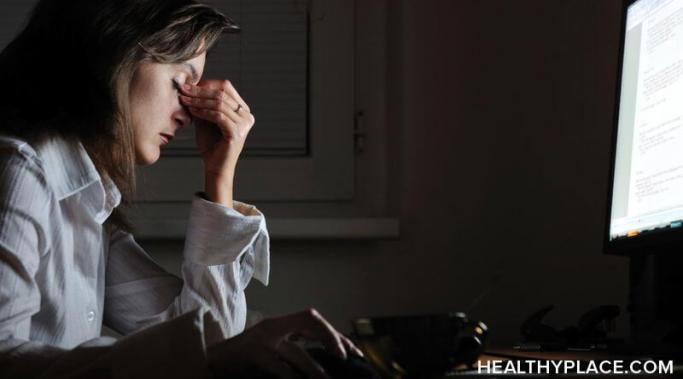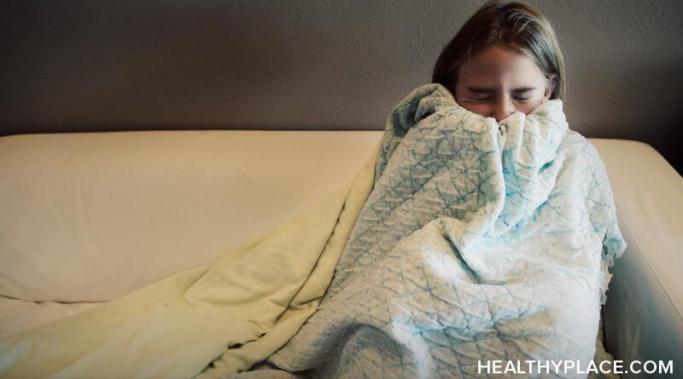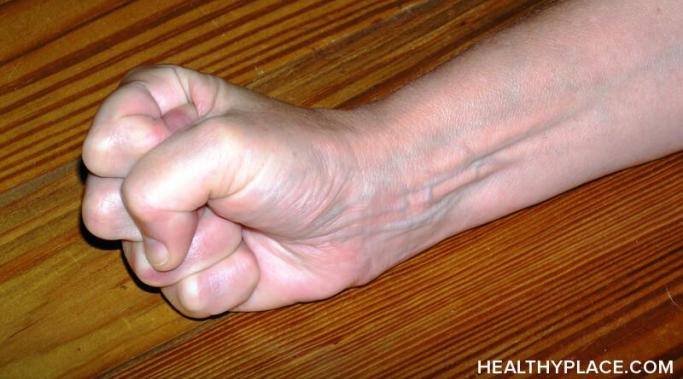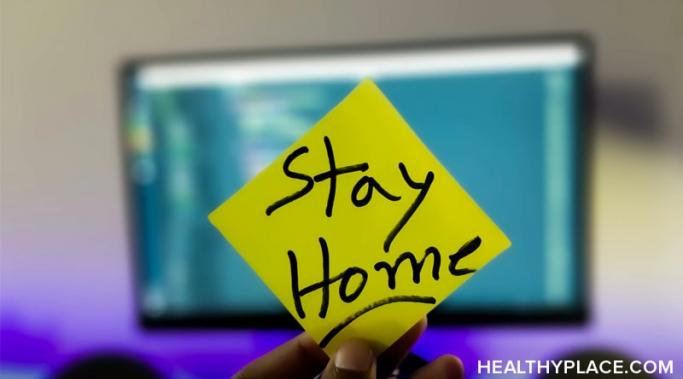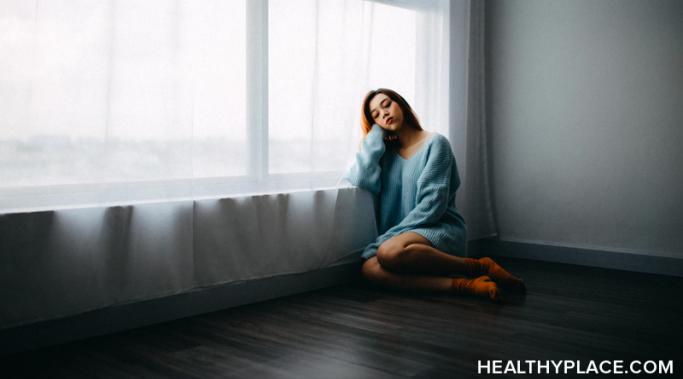Blogs
The term "social distancing" has become part of our culture's mainstream lexicon over the past few months, but for the sake of those in eating disorder (ED) recovery (or any mental health issue, for that matter), can we please not call it social distancing anymore? The idea of creating barriers socially between ourselves and other people can exacerbate the sense of isolation or disconnection that many individuals who battle eating disorders are already too familiar with. In fact, experts within the field of public health agree the phrase is harmful and advocate that it be known as "physical distancing" instead.
Having gratitude in quarantine is important because, if you're anything like me, the last few weeks have been a rollercoaster. Ever since COVID-19 took over the media, politics, and our minds, it can seem difficult to think of anything else. While the fears (and realities) of coronavirus are less than ideal, forced quarantine provides an opportunity for growth. It's not every day that must stay inside for the good of humanity. Here, I'll discuss a few ways you can use the quarantine to your advantage.
Ever since my apartment fire at the end of January, I’ve been working with my insurance to get adequate recompense for everything I’ve lost. While I’ve had a mostly good experience, it seems that nobody is spared from at least one insurance horror story, and about a week ago I got mine.
Since last month, many of us have been working remotely from home due to the COVID-19 pandemic. While this has proven that many jobs can be done remotely, there's one major mental health issue that office-goers are facing today: depression.
Nightmares are one of the most common symptoms of posttraumatic stress disorder (PTSD). While most people experience a nightmare or two in their lifetime, up to 72% of people suffering from PTSD develop recurring nightmares as a result of the disorder. I am one of those people. I started experiencing nightmares as a result of PTSD when I was sixteen. Almost eight years later, I still get them every time I close my eyes to sleep. Coping with daily nightmares (and the poor sleep quality that can result) has been difficult, but I have found ways to manage them over time.
We can build and maintain healthy self-esteem by helping others and earning their gratitude and appreciation. Strong self-esteem comes from believing in our value as a person. One way to feel that we are worthy of self-respect is to be there for others in need.
Negative emotions can be a real problem in bipolar disorder (and, really, in any mental illness). And right now, many people are finding the negative emotions associated with bipolar disorder are heightened due to this incredibly taxing pandemic we're all living through right now. Between the COVID-19 anxiety and the stress of losing your bipolar routine, it's no surprise that bipolar symptoms are worsening for so many people. And for me, the worsening bipolar is coming in the form of negative emotions today. Negative emotions and negative self-talk are plaguing me right now.
Long before I was diagnosed with dissociative identity disorder (DID), I was able to hold a pencil with my hand. It was only then that I realized that I could transport myself to anywhere my imagination could take me. I would spend literally hours in my bedroom, doodling and doing anything I could to get away from the trauma of my household.
My usual routines for self-care are failing while I'm in quarantine, and my self-esteem is suffering because I feel unproductive. Healthy self-esteem allows us to take care of ourselves and love ourselves because we believe we are worth the effort. The last few weeks have been difficult as I struggle to adapt to the restrictions placed on us by the COVID-19 pandemic. After I spent one week doing nothing to take care of myself, I created a quarantine routine to help rebuild my self-esteem and get back to feeling productive.
I've been in coronavirus confinement at home in Barcelona for over a month, and my binge eating cravings are driving me crazy. My body and mind feel like a battleground. I'm in a constant struggle with myself over food.


